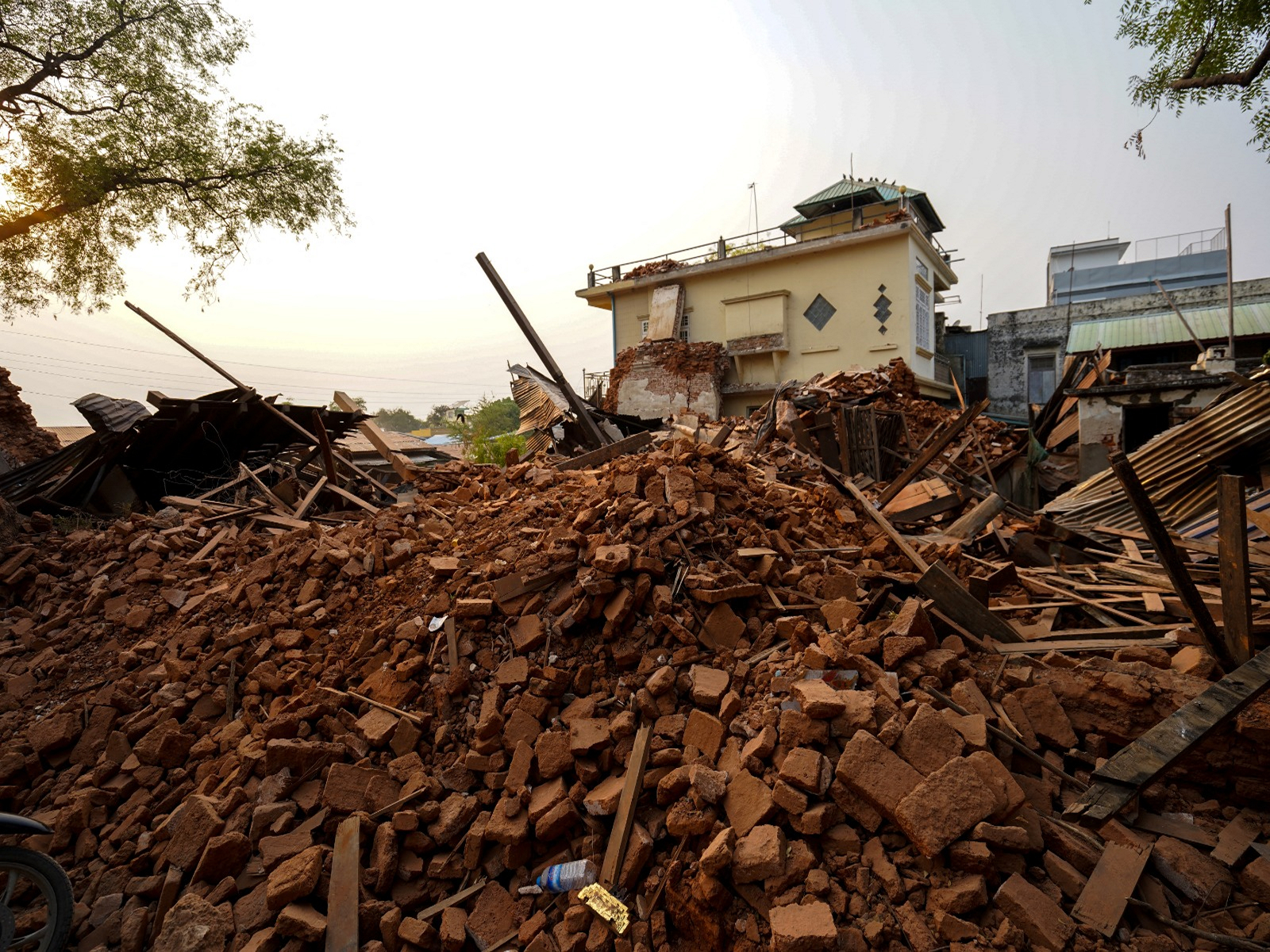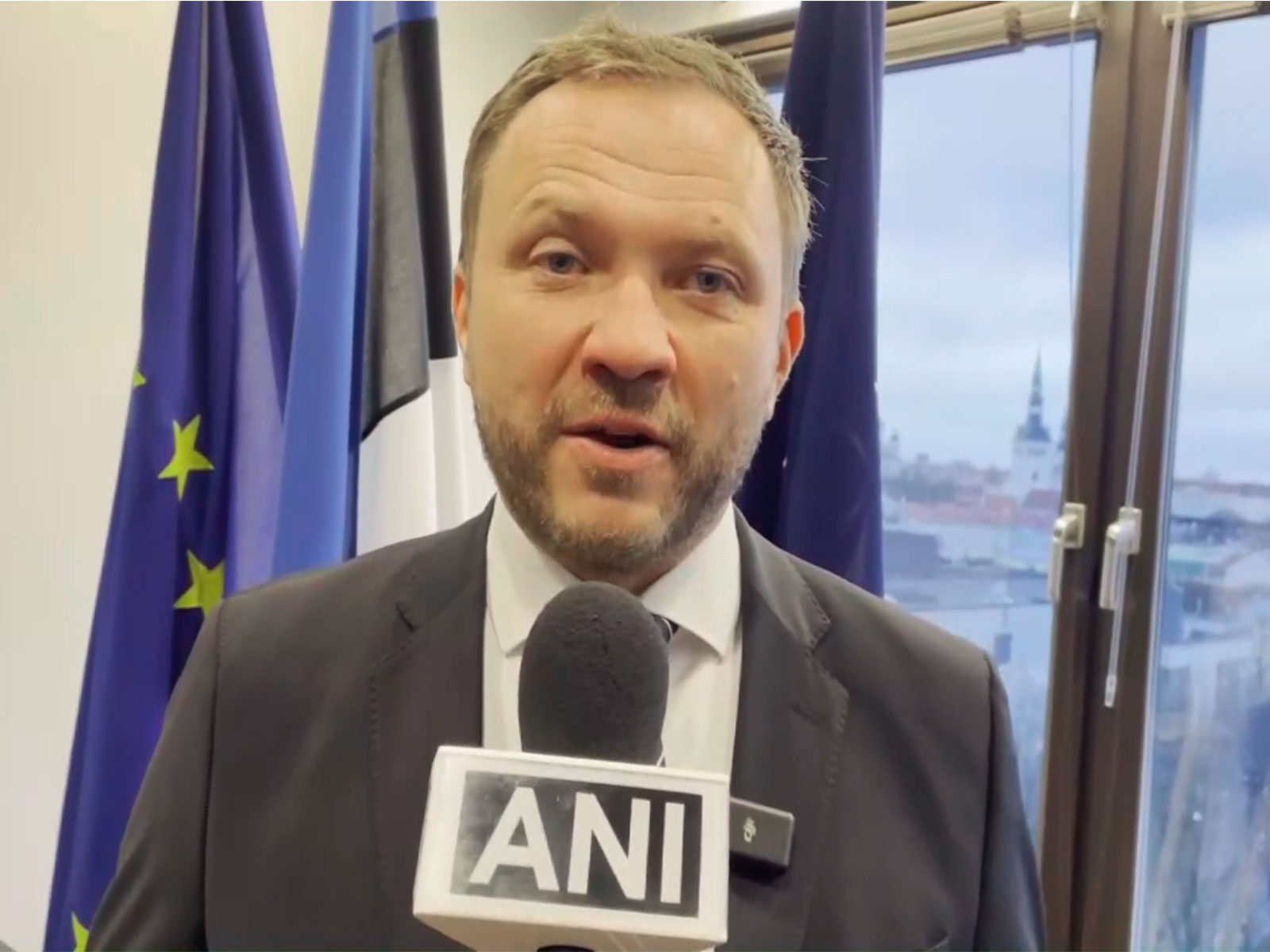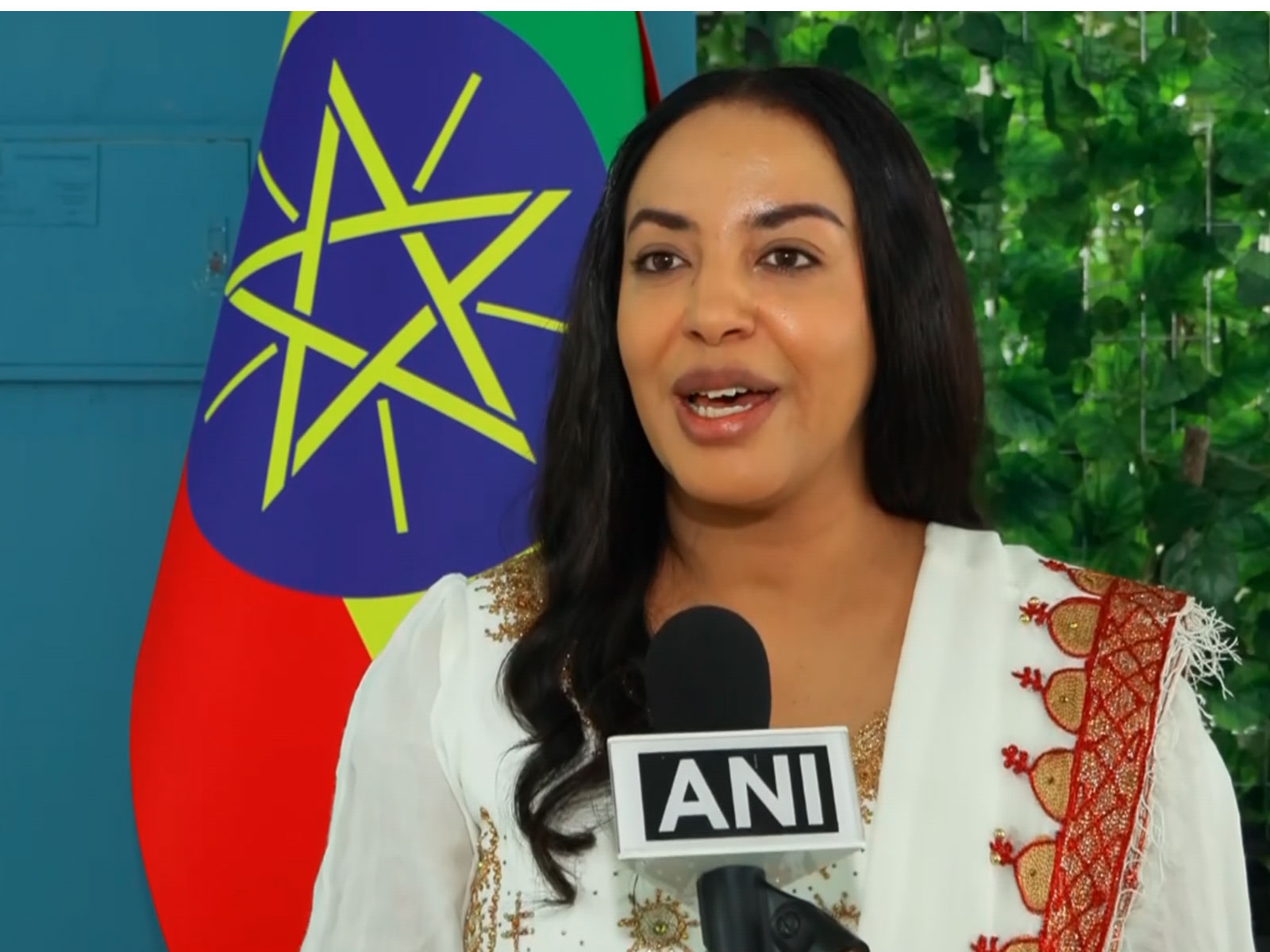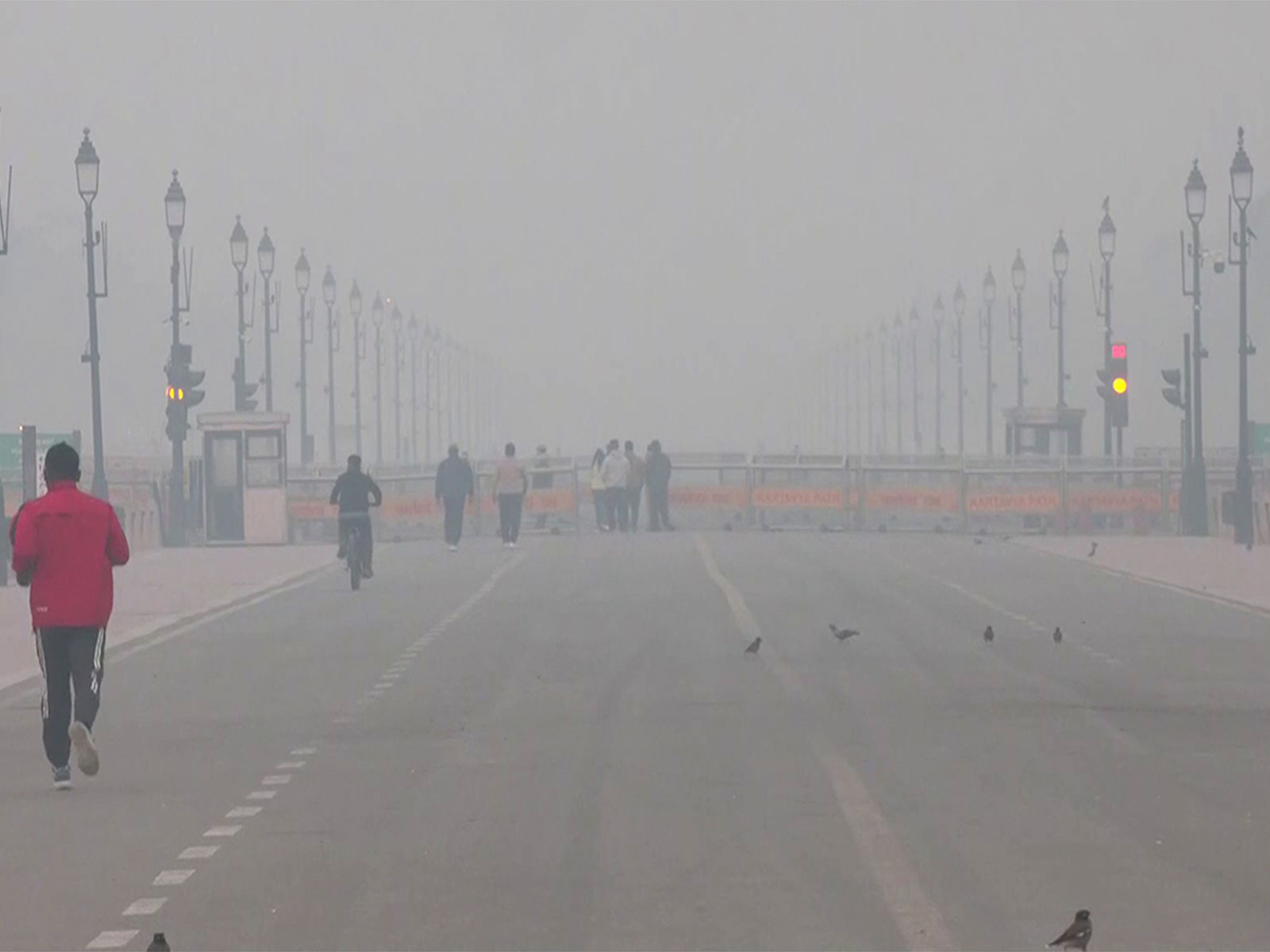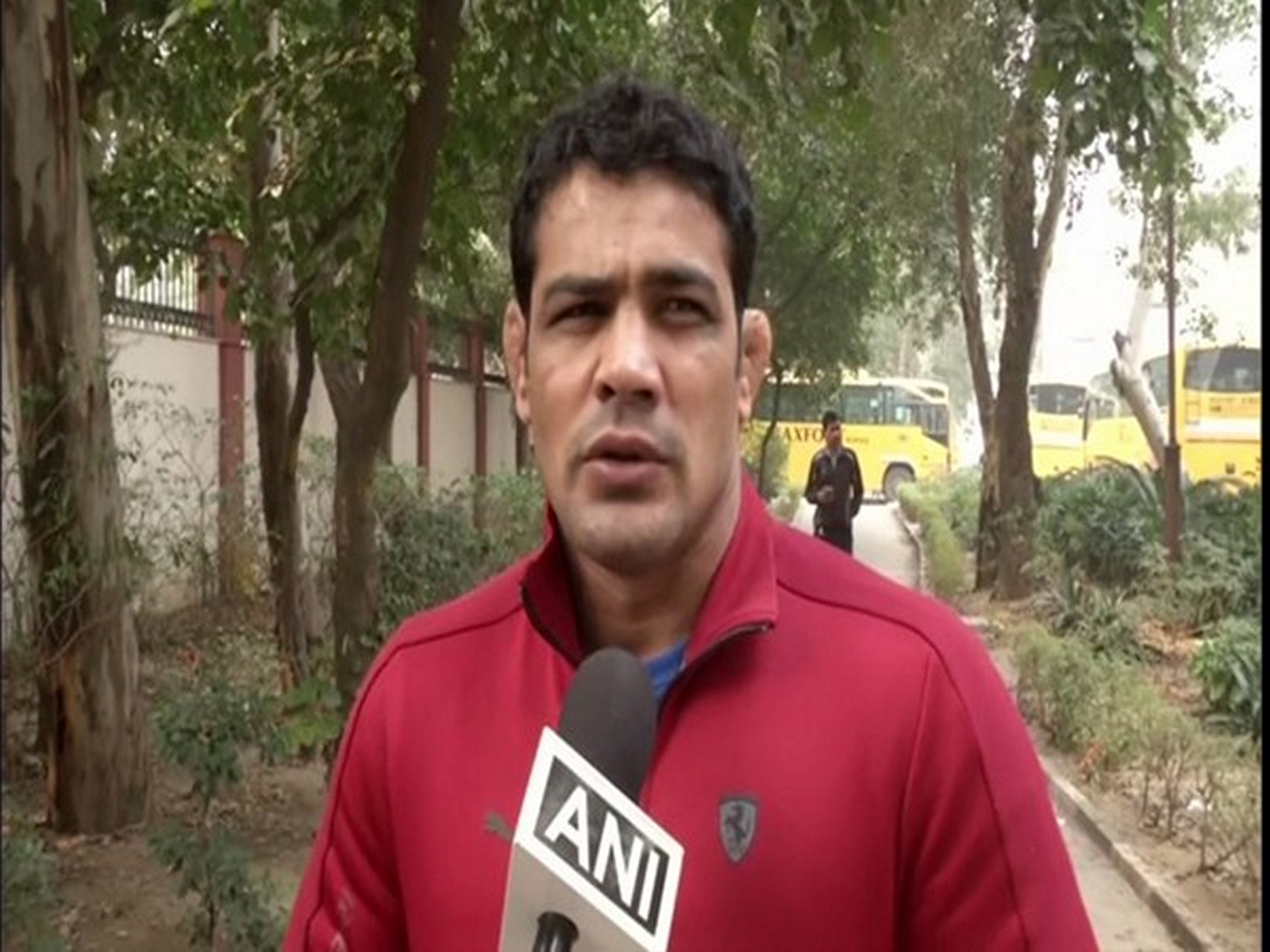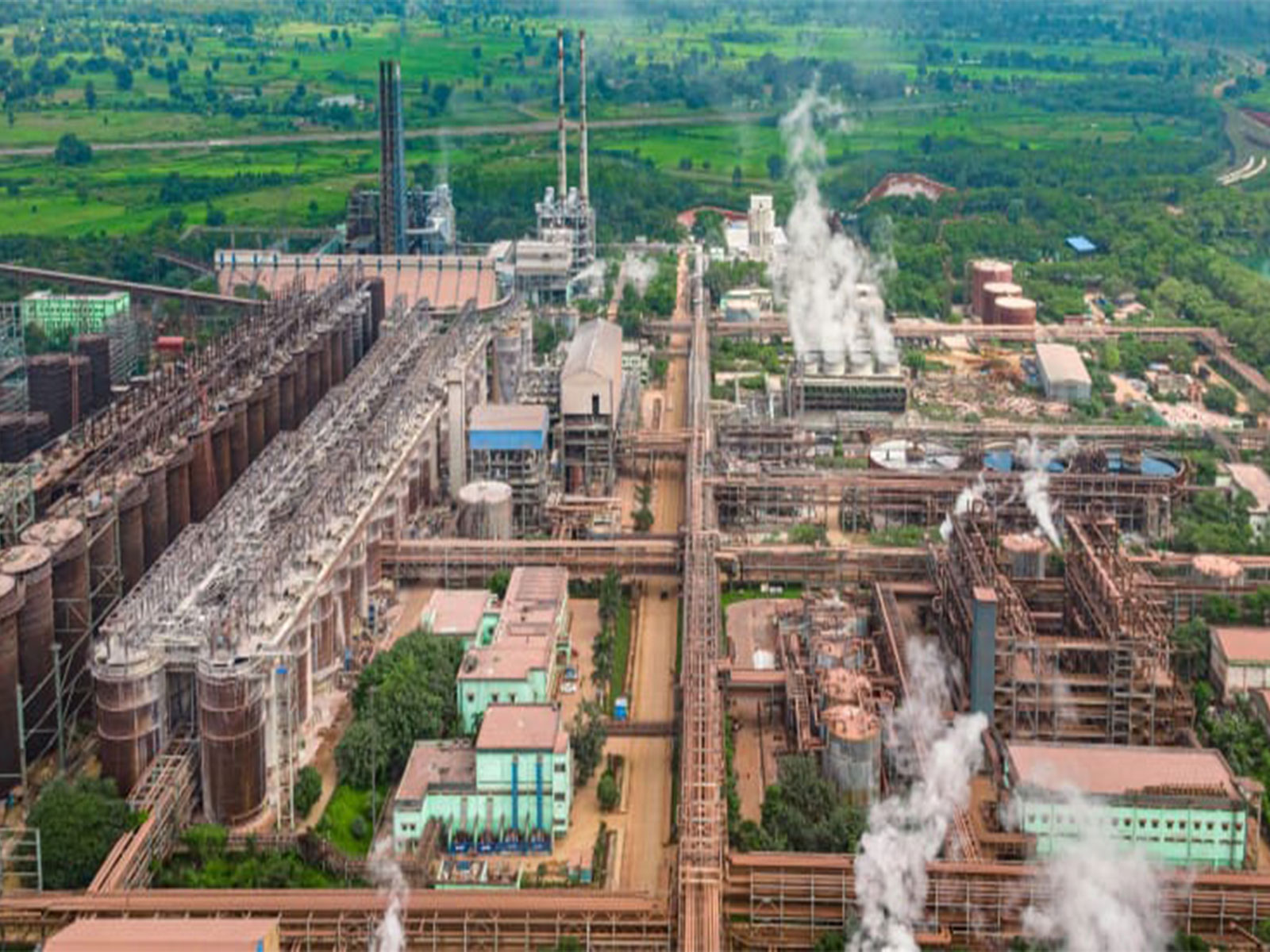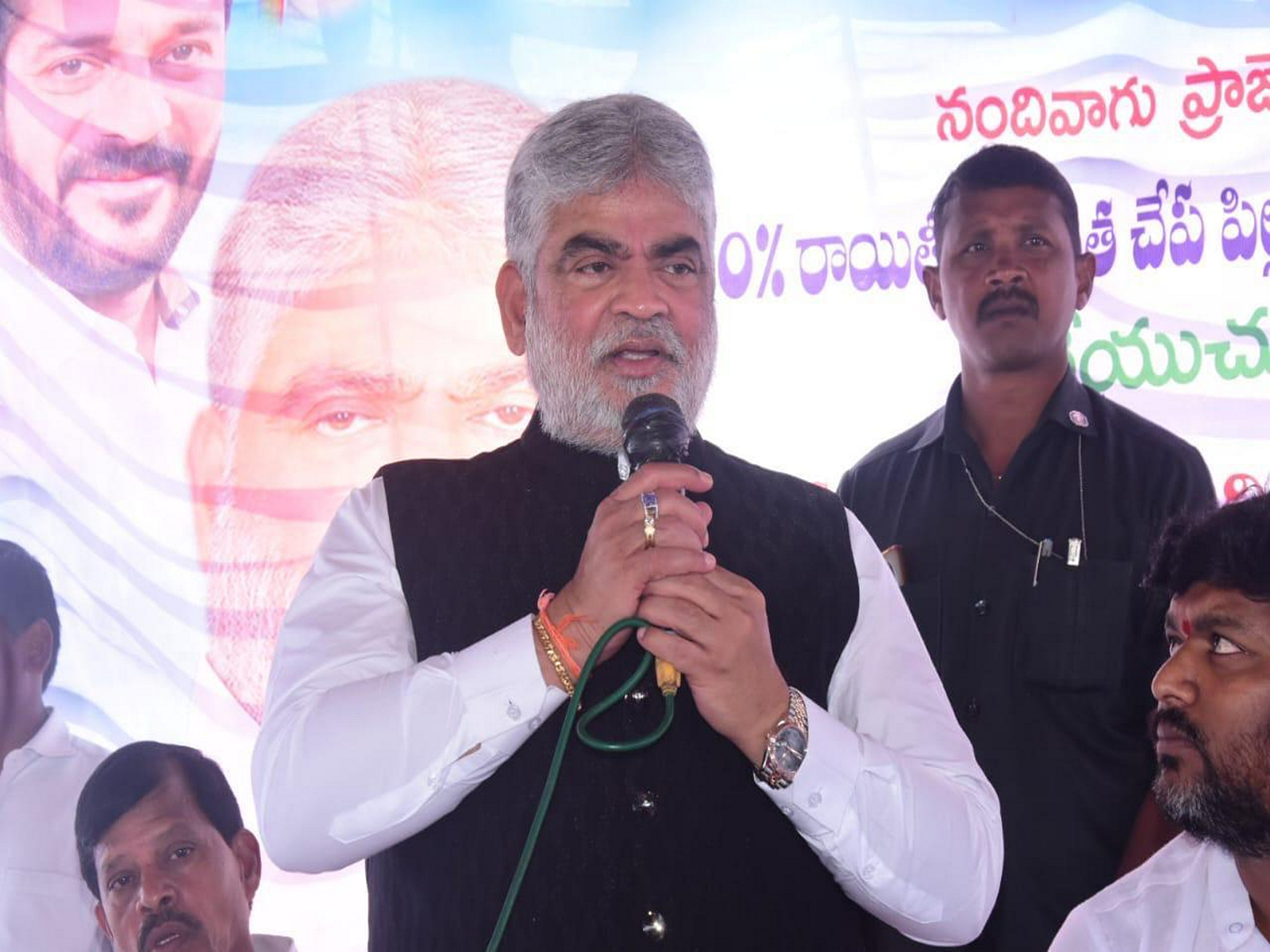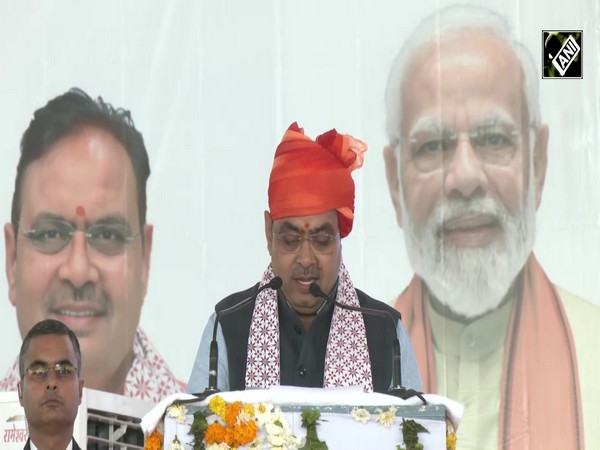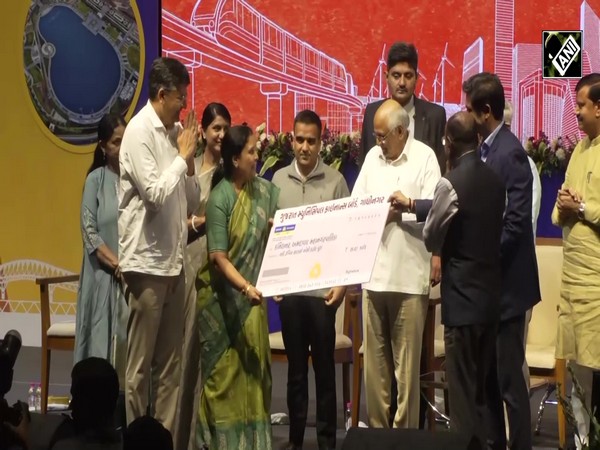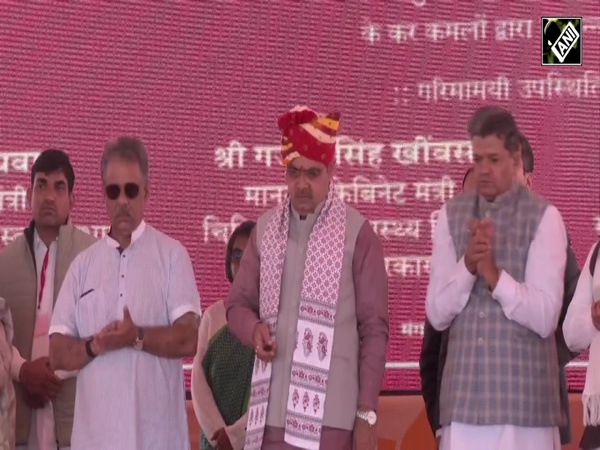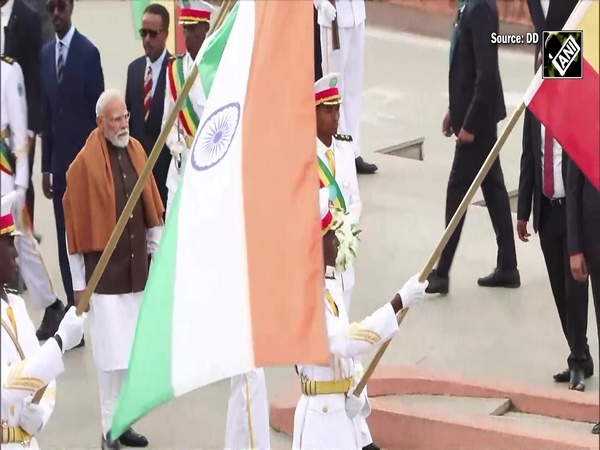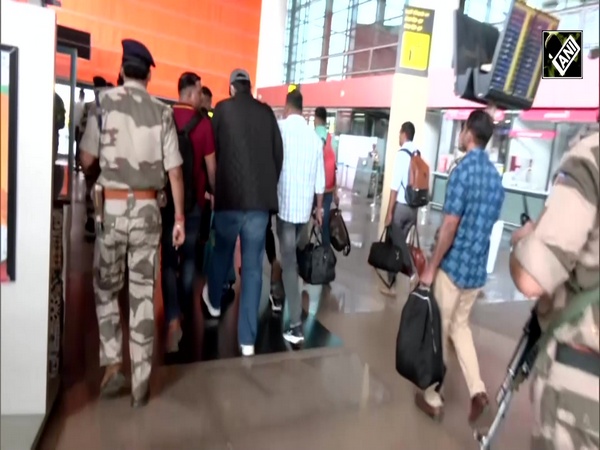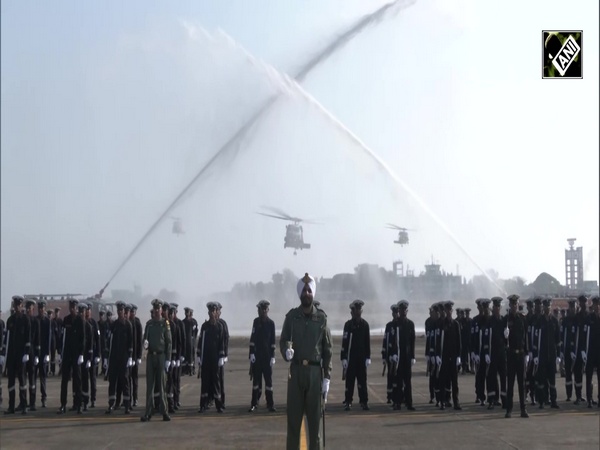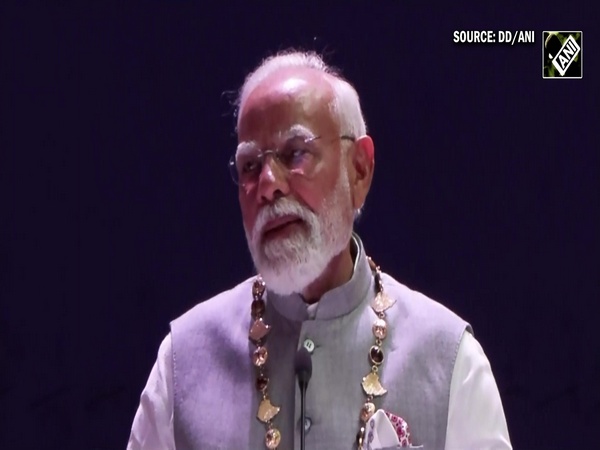Sri Lanka gets one more year to repay USD 200 mln bailout fund to Bangladesh
May 09, 2022

Colombo [Sri Lanka], May 9 : As cash-strapped Sri Lanka struggles to emerge out of a deepening economic crisis, Bangladesh has extended the term of the USD 200 million loan to the island nation under a currency swap deal by one more year.
The decision was taken by the Bangladesh Bank directors in a meeting on Sunday. The spokesman of the central bank, Serajul Islam, said that the extension was granted by keeping the conditions for the loan unchanged, reported Daily Mirror.
In its first loan to another country, Bangladesh agreed to the deal with Sri Lanka in May 2021. According to the deal, the island nation was supposed to repay the loan within three months, however, as the country is facing a severe economic crisis the loan term has been extended.
Bangladesh last Thursday sent emergency medical supplies to Sri Lanka as the island nation faces one of the worst economic crises since gaining independence.
At a token handover ceremony held at the State Guest House Padma, Bangladeshi Foreign Minister AK Abdul Momen and Health Minister Zahid Maleque handed over a few boxes of medicines to the Sri Lankan High Commissioner to Bangladesh Sudharshan D.S. Seneviratne.
Momen described the supply of medicine as an expression of solidarity and friendship between Bangladesh and Sri Lanka, at a time when the two countries are celebrating 50 years of diplomatic relations.
Meanwhile, Seneviratne said Sri Lanka values the friendly relationship with Bangladesh and is committed to further strengthening it.
Essential Drugs Company Limited, a state-owned Pharmaceuticals Company in Bangladesh, and the Bangladesh Association of Pharmaceuticals Industries, have each contributed medicines worth 100 million takas as gifts to Sri Lanka.
The crisis-hit Sri Lanka on Friday declared a state of emergency after the crippling strike and protest over the external debt for the second time in five weeks.
Meanwhile, Sri Lanka is struggling with acute food and electricity shortages, forcing the country to seek help from its neighbours. The recession is attributed to foreign exchange shortages caused by a clampdown on tourism during the COVID-19 pandemic. The country is unable to buy sufficient fuel and gas, while the people are being deprived of basic amenities as well.
The economic situation has led to huge protests with demands for the resignation of Prime Minister Mahinda Rajapaksa and President Gotabaya Rajapaksa.

